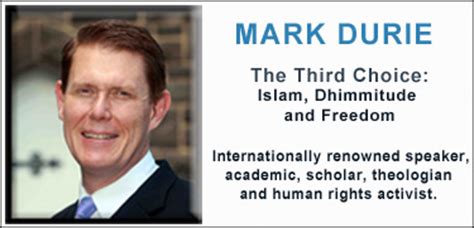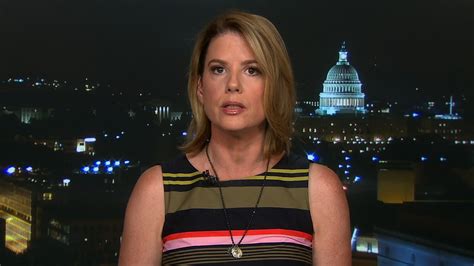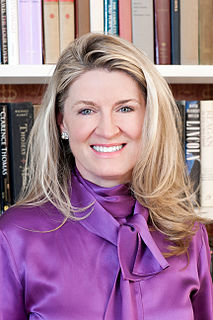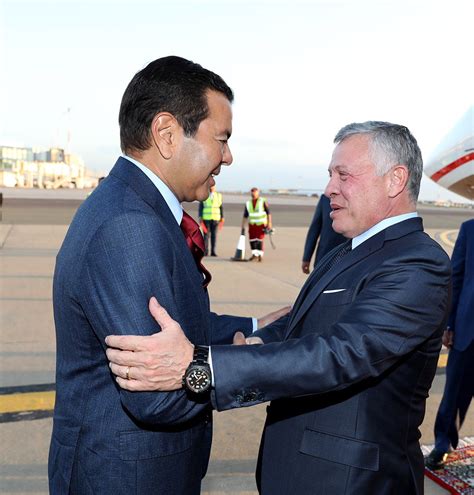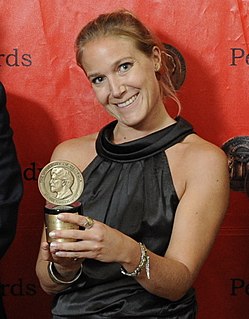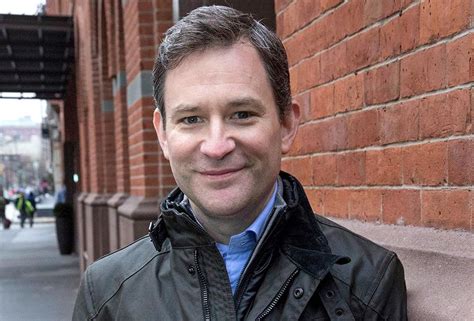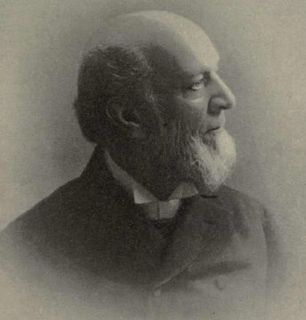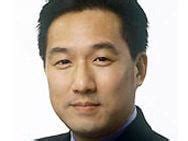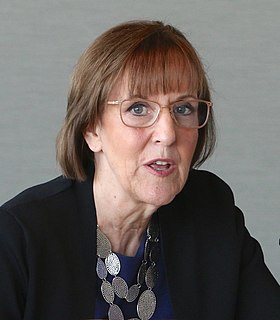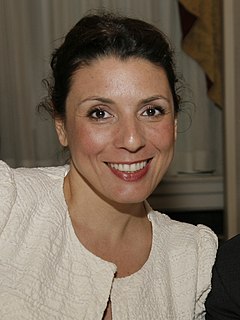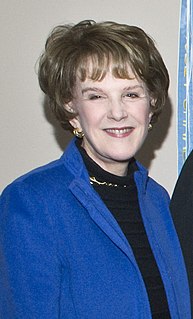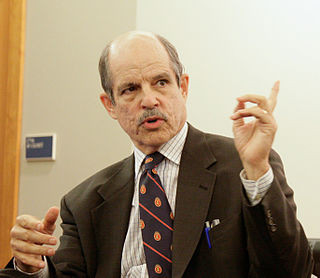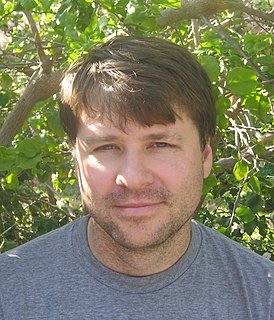A Quote by Tom Gjelten
And the pressure to clarify what exactly is happening to Christians and other minorities in the Middle East is certain to intensify in the New Year.
Related Quotes
If we intensify our efforts we can have a cloned baby within a year or two, but I don't know whether we can intensify our efforts to that extent. We're not really under pressure to deliver a cloned baby to this world. What we are under pressure to do is to deliver a cloned baby that is a healthy one.
I have for some time now been deeply troubled by the growing difficulties faced by Christian communities in various parts of the Middle East. It seems to me that we cannot ignore the fact that Christians in the Middle East are increasingly being deliberately targeted by fundamentalist Islamist militants.
It was important for me to show that Beirut and Lebanon were once the pearl of the Middle East. Beirut was once called the Paris of the Middle East and to have that feeling of a destroyed place that once was beautiful and glamorous and visually impressive was important. I think it's even sadder to get the feeling that this country, and indeed the whole Middle East, could have been a major force in the world if people would get together and forget about destruction, death and wars. But unfortunately, it's not happening yet.
I thanked the President [George W. Bush] for the steadfastness and resolve with which he's tackling the very complicated problems in the Middle East and Iraq, as well as the Israel-Palestinian issue.... It's critical for us in Southeast Asia that America does that.... because it affects America's standing in Asia and the world, and also the security environment in Asia because extremists, the jihadists, watch carefully what's happening in the Middle East and take heart, or lose heart, depending on what's happening.
There are black Christians, and black Muslims in Africa who are being slaughtered, they don't want to hear about the Jim Crow laws. There are Christians, there are other Muslims being slaughtered in the Middle East, they don't need a lecture from Obama about Christianity. The fact of the matter is Obama is not doing anything effective or substantive to stop genocide in our time.
There are going to be a lot of questions, not just in my country, but across the Middle East. Is Israel going to continue to be "Fortress Israel"? Or, as we all hope, become accepted into the neighborhood, which I believe is the only way we can move forward in harmony. And no matter what's happening in the Middle East - the Arab Spring, et cetera, the economic challenges, high rates of unemployment - the emotional, critical issue is always the Israeli-Palestinian one.

